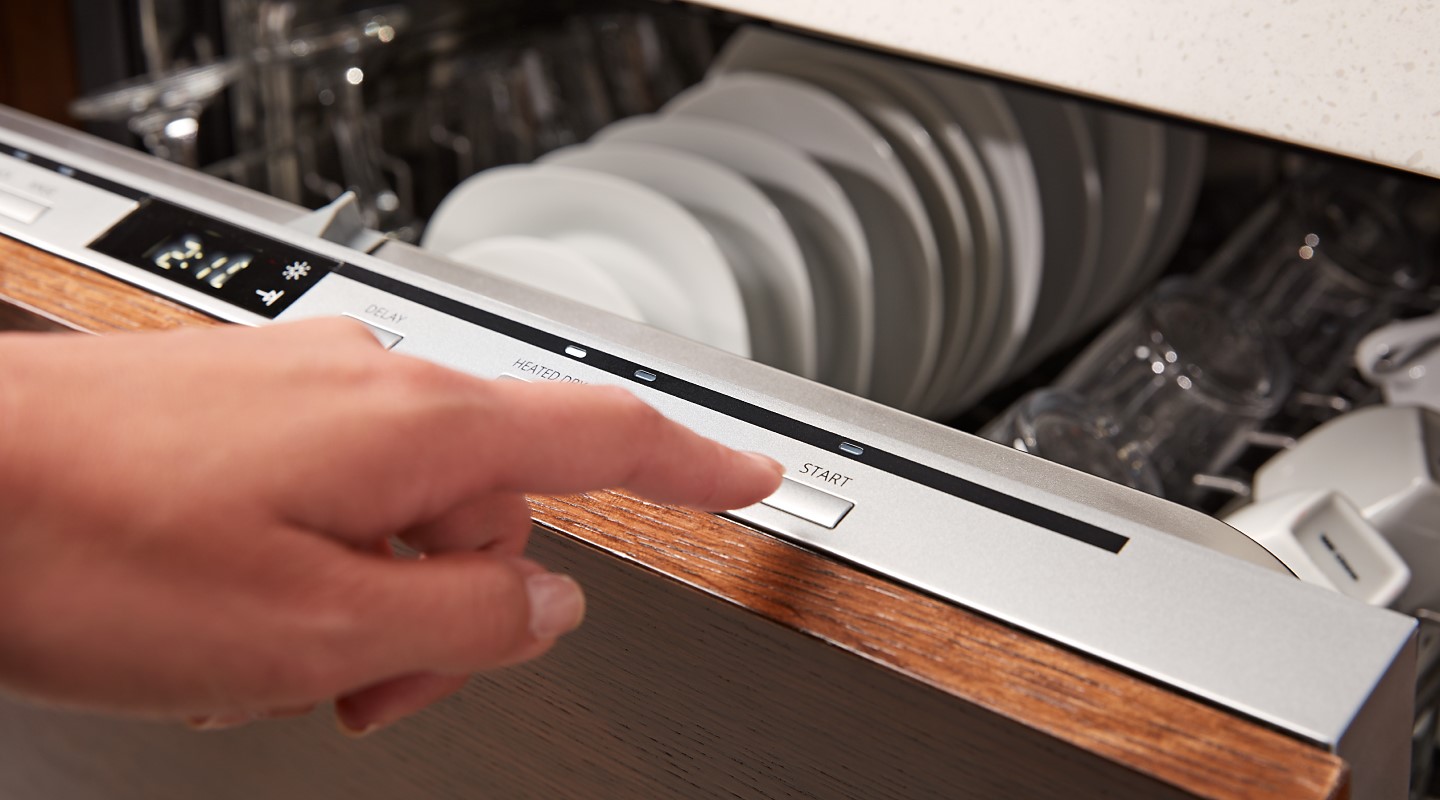

Articles
What Is A Quiet Dishwasher Decibel
Modified: October 20, 2024
Discover everything you need to know about quiet dishwasher decibels in this informative article. Explore the different noise levels and find the perfect dishwasher for your home.
(Many of the links in this article redirect to a specific reviewed product. Your purchase of these products through affiliate links helps to generate commission for Storables.com, at no extra cost. Learn more)
Introduction
When it comes to choosing a dishwasher, one factor that often gets overlooked is the noise level. The last thing you want is to have a dishwasher that disrupts the peaceful ambiance of your home, especially if you have an open-concept living space or if the dishwasher is located near the bedrooms. That’s where the concept of decibels comes into play.
Decibels, often represented as dB, is a unit of measurement used to quantify sound levels. In the context of dishwashers, decibels indicate how loud or quiet the dishwasher operates during its cleaning cycles. A quiet dishwasher can make a significant difference in creating a serene and comfortable environment in your home.
In this article, we will delve into what decibels are, the importance of decibel levels in dishwashers, how they are measured, factors that affect dishwasher noise levels, the benefits of quiet dishwashers, and provide some recommendations on popular quiet dishwasher models.
So, if you’re tired of dealing with noisy dishwashers that disrupt your household, sit back, relax, and get ready to discover the world of quiet dishwashers and the role that decibels play in creating a peaceful kitchen environment.
Key Takeaways:
- Quiet dishwashers, with lower decibel ratings, offer benefits such as reduced noise disruption, enhanced comfort, and flexible operation, contributing to a peaceful and enjoyable home environment.
- Factors such as insulation, motor quality, and cycle options play a crucial role in choosing a quiet dishwasher, and popular models like Bosch 800 Series and Miele G7000 Series are known for their exceptional noise reduction capabilities.
Read more: How Many Decibels Is A Hair Dryer
Definition of Decibel
In order to understand the significance of decibels in the context of dishwashers, it’s essential to have a clear understanding of what a decibel actually is. In simple terms, a decibel is a unit used to measure the intensity or magnitude of sound.
The decibel scale is logarithmic, which means that each increase of 10 decibels represents a tenfold increase in sound intensity. For example, a dishwasher that operates at 50 decibels is 10 times louder than a dishwasher operating at 40 decibels. Similarly, a dishwasher that operates at 60 decibels is 100 times louder than a dishwasher operating at 40 decibels.
When it comes to dishwashers, decibels are used to measure the noise or sound levels generated during the dishwasher’s operation. The lower the decibel rating, the quieter the dishwasher will be. Dishwashers typically have decibel ratings that range from around 40 dB to 60 dB. However, there are some advanced models available that boast even lower decibel ratings, making them ultra-quiet.
Understanding decibels is crucial when it comes to choosing a dishwasher that suits your specific needs. If you’re looking to enjoy a quiet and peaceful atmosphere in your home, opting for a dishwasher with a lower decibel rating will ensure minimal disruption and noise during its cleaning cycles. Now that we’ve established the foundation of what decibels are, let’s explore their importance in the context of dishwashers.
Importance of Decibel in Dishwashers
The importance of decibel levels in dishwashers cannot be overstated. Many homeowners prefer quiet appliances, including dishwashers, to maintain a peaceful and comfortable environment in their homes. Here are a few reasons why decibel ratings are crucial when choosing a dishwasher:
1. Noise Disruption: A dishwasher with a high decibel rating can be disruptive, especially if it is located in close proximity to living areas or bedrooms. Nobody wants to be disturbed by a loud dishwasher noise while relaxing or trying to sleep. Opting for a quiet dishwasher with a low decibel rating will minimize noise disruptions and enhance the overall atmosphere of your home.
2. Enhanced Comfort: Lower decibel ratings translate to a quieter dishwasher. This means you can continue conversations, watch television, or enjoy music without being bothered by a loud washing machine. Having a quiet dishwasher adds a level of comfort and convenience to your daily routines.
3. Flexible Timing: With a quiet dishwasher, you have the flexibility to run it at any time, even during the night. Whether you have a household with varying schedules or simply prefer to run your dishwasher during off-peak hours, a low-decibel dishwasher allows you to maintain a peaceful environment regardless of the time of day.
4. Increased Property Value: An appliance that is known for its quiet operation can be an attractive selling point for potential buyers. When it comes time to sell your home, having a quiet dishwasher can set your property apart and potentially increase its value, as it offers a desirable feature that many homeowners seek.
5. Modern Design and Technology: Nowadays, quiet dishwashers are equipped with advanced technologies and innovative features that not only reduce noise but also enhance performance. By choosing a quiet dishwasher with a low decibel rating, you’re not only investing in a more pleasant environment but also taking advantage of the latest advancements in dishwasher technology.
Ultimately, the importance of decibels in dishwashers lies in the ability to create a peaceful and comfortable home environment. By selecting a quiet dishwasher with a low decibel rating, you can enjoy the benefits of a noise-free or minimally disruptive cleaning experience while maintaining a serene atmosphere in your home.
Understanding Noise Levels in Dishwashers
When it comes to understanding noise levels in dishwashers, it’s essential to consider the decibel rating and how it corresponds to the actual sound emitted by the appliance. While decibels provide a numerical representation of sound intensity, it’s helpful to have an idea of what different decibel levels sound like in real-life situations.
Here’s a general breakdown of common noise levels and their corresponding decibel ratings:
- 40-50 dB: This range is considered whisper-quiet. At 40 decibels, the sound level is similar to a quiet library. At 50 decibels, it’s similar to a conversation in a quiet room. Dishwashers with decibel ratings in this range are barely noticeable and ideal for homes where silence is preferred.
- 50-60 dB: This range is considered quiet. At 50 decibels, the sound level is similar to rainfall. At 60 decibels, it’s similar to background music or a conversation in a moderate volume environment. Dishwashers in this range provide a peaceful cleaning experience, with minimal noise that blends seamlessly into the background.
- 60-70 dB: This range is considered average or typical for most dishwashers. At 60 decibels, the sound level is comparable to a normal conversation. At 70 decibels, it’s similar to a vacuum cleaner. Dishwashers in this range may be slightly more noticeable, but still manageable for most households.
- 70+ dB: Dishwashers in this range are considered loud and may cause significant noise disruptions in the home. Sound levels above 70 decibels are similar to a blender or a busy street. While some people may not mind the noise, it’s generally recommended to avoid dishwashers with decibel ratings in this range if a quiet and peaceful environment is desired.
It’s important to note that decibel ratings are subjective and can vary slightly depending on the testing methodology or the distance at which the measurements were taken. However, dishwasher manufacturers provide standardized decibel ratings to give consumers a reliable point of reference when comparing noise levels between different models.
Understanding the noise levels associated with different decibel ratings can help you make an informed decision when selecting a dishwasher. Consider your personal preferences, the layout of your home, and the level of noise tolerance you’re comfortable with to choose a dishwasher that matches your specific needs.
How Decibels Are Measured in Dishwashers
Decibels in dishwashers are measured using a standardized testing methodology to provide consumers with accurate and reliable information about the noise levels produced by the appliance. The most common testing procedure used to measure decibels in dishwashers is the A-weighting system, also known as dBA.
The A-weighting system takes into account the sensitivity of the human ear to different frequencies and adjusts the decibel measurements accordingly. This system provides a more accurate representation of how the human ear perceives sound.
During testing, dishwashers are placed in a soundproof chamber, specifically designed for measuring noise levels. The chamber is designed to absorb sound reflections and prevent external noise from interfering with the measurements.
To measure noise levels, a microphone is placed at a designated distance from the dishwasher in the testing chamber. The microphone captures the sound emitted by the dishwasher during its operation. The sound is then analyzed to determine the decibel rating.
The decibel rating that is ultimately assigned to a dishwasher model is an average value obtained from multiple measurements taken at different points during the dishwasher’s cycle. This helps to ensure that the decibel rating reflects the typical noise level produced by the appliance while in use.
It’s important to note that the decibel rating provided by manufacturers is typically given for the dishwasher’s normal operating mode. Some dishwashers may also provide additional modes, such as a “quiet” mode, which may result in lower decibel ratings. However, it’s advisable to refer to the decibel rating provided for the dishwasher’s standard operating mode to make accurate comparisons between different models.
The standardized testing procedure for measuring decibels in dishwashers allows consumers to make informed decisions when it comes to selecting a dishwasher that meets their noise level preferences. By providing reliable and consistent decibel ratings, manufacturers enable consumers to choose a dishwasher that aligns with their desired level of quietness in their home environment.
When shopping for a quiet dishwasher, look for a decibel rating of 45-50 dB for a peaceful kitchen environment. Lower decibel ratings indicate quieter operation.
Read more: How Many Decibels Is A Vacuum Cleaner
Factors Affecting Dishwasher Noise Levels
Several factors contribute to the noise levels of a dishwasher. Understanding these factors can help you make informed decisions when selecting a dishwasher that meets your desired noise level preferences. Here are the key factors that can affect dishwasher noise levels:
1. Construction and Insulation: The design and construction of the dishwasher can have a significant impact on its noise levels. High-quality dishwashers often incorporate sound insulation materials and technologies to minimize vibrations and reduce noise. Look for models with features like sound-absorbing panels, rubberized components, and insulating layers to ensure quieter operation.
2. Motor and Pump: The motor and pump system in a dishwasher play a crucial role in its performance and noise levels. High-quality motors and pumps are designed to operate smoothly and quietly, minimizing noise during the cleaning cycles. Look for dishwashers with advanced motor and pump technologies that prioritize quiet operation.
3. Spraying Systems: The spraying system in a dishwasher is responsible for distributing water and detergent during the cleaning process. Efficient spraying systems can maintain cleaning power while minimizing noise. Look for dishwashers with optimized spraying systems that effectively clean your dishes without excessive noise.
4. Noise-Reduction Features: Some dishwashers come equipped with specific features designed to reduce noise levels. These may include features like vibration dampening technology, anti-vibration pads, or soundproofing insulation. Consider dishwashers with noise-reduction features if a quiet operation is a top priority for you.
5. Water Flow and Drainage: Proper water flow and drainage are essential for the efficient functioning of a dishwasher. Improper water flow or drainage issues can cause excessive noise due to turbulence or obstructions. Ensuring proper installation and routine maintenance of your dishwasher can help minimize noise-related to water flow or drainage.
6. Load Placement: The way you load your dishwasher can also impact its noise levels. Properly arranging and evenly distributing the dishes inside the dishwasher allows for better water circulation, reducing the strain on the dishwasher’s components and minimizing noise.
7. Cycle Selection: Some dishwasher cycles are designed to be more gentle and quiet, while others are more robust for heavily soiled dishes. Selecting the appropriate cycle for the load can help optimize cleaning efficiency while minimizing noise. Consider using “eco” or “light” cycles for quieter operation, especially when noise is a concern.
8. External Factors: It’s important to note that external factors such as kitchen layout, flooring, and surrounding surfaces can impact the perceived noise levels of a dishwasher. Hard surfaces tend to amplify noise, while soft surfaces can absorb it. Take into account the acoustics of your kitchen space when considering dishwasher noise levels.
By considering these factors, you can choose a dishwasher that not only meets your cleaning needs but also aligns with your desire for a quieter dishwasher operation. Remember to carefully review the manufacturer’s specifications and customer reviews to gather insights into the noise levels of different dishwasher models before making your selection.
Benefits of Quiet Dishwashers
Quiet dishwashers offer a range of benefits beyond just reducing noise in your home. Here are some of the key advantages of opting for a quiet dishwasher:
1. Noise Reduction: The most obvious benefit of a quiet dishwasher is reduced noise levels during operation. By choosing a dishwasher with a low decibel rating, you can enjoy a peaceful and quiet home environment. This is particularly beneficial if your kitchen is connected to open living spaces or if you have bedrooms located nearby.
2. Improved Comfort: Quiet dishwashers enhance your overall comfort by minimizing noise disruptions. Whether you’re working from home, having conversations, or enjoying leisure activities, a quiet dishwasher allows you to go about your daily routines without interruption or disturbance. No more raised voices or turning up the volume on your favorite shows.
3. Flexible Operation: With a quiet dishwasher, you have the flexibility to run it at any time, even during quiet hours or while sleeping. This can be especially handy for those with varying schedules or in households where noise restrictions are in place. You can now run your dishwasher without worrying about disturbing others or sacrificing a peaceful atmosphere.
4. Enhanced Kitchen Experience: A quiet dishwasher can significantly enhance your kitchen experience. Whether you’re hosting dinner parties or simply enjoying your meals, a quiet dishwasher ensures that you can carry on conversations without the need to raise your voices over a loud dishwasher noise. You can fully appreciate the ambiance and atmosphere of your kitchen without any disruptions.
5. Improved Sleep Quality: If your kitchen is adjacent to bedrooms, a quiet dishwasher can greatly contribute to better sleep quality. Running a loud dishwasher in the evenings or overnight can disturb sleep patterns, causing interruptions and restlessness. By opting for a quiet dishwasher, you can maintain a serene sleeping environment free from unnecessary noise disturbances.
6. Energy Efficiency: Many quiet dishwasher models come equipped with energy-efficient features and technologies. This not only helps you reduce your carbon footprint but also saves on your utility bills. Energy-efficient dishwashers are designed to operate more quietly while being environmentally friendly and cost-effective.
7. Quality Cleaning Performance: Quiet dishwashers are not just about reducing noise; they also offer excellent cleaning performance. Manufacturers often prioritize advanced technologies to ensure that quiet dishwashers maintain high standards of cleanliness. You can enjoy sparkling clean dishes without compromising on the quietness of your home.
8. Increased Home Value: A quiet dishwasher can add value to your home. When it’s time to sell, buyers may appreciate the feature of a quiet dishwasher as it contributes to a more desirable and peaceful living environment. It can be an attractive selling point that sets your home apart from others.
By investing in a quiet dishwasher, you can enjoy the benefits of reduced noise, improved comfort, flexibility, and enhanced kitchen experiences. Take your time to choose a dishwasher with a low decibel rating that aligns with your preference for a quieter home environment.
Popular Quiet Dishwasher Models
When it comes to choosing a quiet dishwasher, there are several popular models on the market that offer excellent noise reduction without compromising performance. Here are a few top-rated dishwasher models known for their quiet operation:
1. Bosch 800 Series: The Bosch 800 Series dishwashers are renowned for their whisper-quiet operation. With decibel ratings as low as 42 dB, these dishwashers provide a virtually noiseless cleaning experience. They offer advanced features such as multiple wash cycles, flexible loading options, and sleek designs to complement any kitchen.
2. Miele G7000 Series: The Miele G7000 Series dishwashers are known for their exceptional cleaning performance and quiet operation. With decibel ratings ranging from 41 to 46 dB, these dishwashers operate almost silently. They come with innovative technologies, such as AutoDos for automatic detergent dispensing and QuickPowerWash for efficient cleaning.
3. KitchenAid KDTM604KPS: The KitchenAid KDTM604KPS dishwasher combines style, functionality, and quiet operation. With a decibel rating of 44 dB, it offers a peaceful cleaning experience. This dishwasher features advanced cleaning cycles, adjustable racks, and a spacious interior for maximum convenience.
4. LG Studio Series: The LG Studio Series dishwashers are known for their quietness, efficiency, and modern aesthetics. With decibel ratings as low as 40 dB, these dishwashers operate discreetly. They offer features like TrueSteam technology for thorough cleaning and SmartThinQ compatibility for remote monitoring and control.
5. Samsung DW80R9950UT: The Samsung DW80R9950UT dishwasher offers quiet operation with a decibel rating of 39 dB. It provides excellent cleaning performance with features like Zone Booster for targeted cleaning and a flexible third rack for additional loading capacity.
6. Whirlpool WDTA75SAHN: The Whirlpool WDTA75SAHN dishwasher combines quiet operation with reliable performance. With a decibel rating of 47 dB, it offers a peaceful cleaning experience. It features a variety of wash cycles and options to suit different cleaning needs.
7. Fisher & Paykel DD24DCTX9N: The Fisher & Paykel DD24DCTX9N dishwasher is known for its quiet operation and versatile design. With a decibel rating of 45 dB, it operates quietly to minimize disturbances. This dishwasher offers flexible loading options, eco-friendly operation, and efficient cleaning.
These are just a few examples of popular quiet dishwasher models available. When considering a dishwasher, it’s essential to read reviews, compare features, and consider your specific needs and preferences to make the best choice for your kitchen. Remember to pay attention to the decibel rating and other features that contribute to a quiet and efficient cleaning experience.
Tips for Choosing a Quiet Dishwasher
Choosing a quiet dishwasher that meets your noise level preferences requires careful consideration and attention to key factors. Here are some useful tips to keep in mind when selecting a quiet dishwasher:
1. Check the Decibel Rating: The decibel rating is a crucial factor in determining how quiet a dishwasher will be during operation. Look for models with decibel ratings below 50 dB, as these are generally considered quiet. Models with decibel ratings around 40 dB or lower provide an exceptionally quiet cleaning experience.
2. Consider Insulation and Soundproofing: Look for dishwashers that come with quality insulation and soundproofing materials. These features help reduce noise levels by absorbing vibrations and minimizing sound transmission. Insulation around the motor and walls, as well as sound-dampening technology, can contribute to a quieter operation.
3. Review Customer Reviews and Expert Ratings: Take the time to read customer reviews, as they provide valuable insights into the actual noise levels and overall satisfaction with a particular dishwasher model. Expert ratings from trusted sources can also help you narrow down your options based on noise performance.
4. Opt for Advanced Motor and Pump Technology: Dishwashers with advanced motor and pump systems tend to operate more quietly. Look for models that boast features like brushless motors or optimized pump designs, as these can help reduce noise levels while maintaining optimal cleaning performance.
5. Consider Noise-Reduction Features: Some dishwasher models come with specific features designed to minimize noise further. Look for features like anti-vibration pads, additional insulation, or specialized noise reduction technologies. These features can significantly contribute to a quieter dishwasher experience.
6. Pay Attention to Cycle Options: Different dishwasher cycles can vary in noise levels. Look for models that offer a “quiet” or “silent” mode specifically designed for reduced noise. These modes often adjust the dishwasher’s operations to minimize sound while maintaining cleaning efficiency.
7. Quality Over Price: While budget considerations are important, it’s worth investing in a high-quality dishwasher known for its quiet operation. Cheaper models may produce more noise and potentially compromise the overall dishwasher experience. Consider the long-term benefits of a quieter dishwasher, such as enhanced comfort and peace of mind.
8. Energy Efficiency: Energy-efficient dishwashers often come with technologies that help reduce noise levels. Look for dishwashers with ENERGY STAR certification, as these models are designed to operate more quietly while also conserving energy.
9. Consider Brand Reputation: Opt for reputable brands known for their commitment to delivering quiet and reliable dishwashers. Brands with a proven track record of producing quality appliances are more likely to offer dishwashers with superior noise reduction capabilities.
10. Visit Showrooms: If possible, visit appliance showrooms to see and hear different dishwasher models in person. This allows you to experience the noise levels firsthand and make a more informed decision based on your personal preferences.
By following these tips, you’ll be well-equipped to choose a quiet dishwasher that aligns with your desired noise levels and provides a peaceful and enjoyable cleaning experience in your home.
Read more: How Loud Is A Leaf Blower In Decibels
Conclusion
Choosing a quiet dishwasher for your home is a decision that can greatly enhance your living environment and overall kitchen experience. By understanding the concept of decibels and their significance in dishwasher noise levels, you can make an informed decision that matches your noise preferences and lifestyle.
Quiet dishwashers offer a range of benefits, including reduced noise disruption, improved comfort, flexibility, and enhanced sleep quality. They also contribute to a more pleasant and peaceful home environment, allowing you to focus on enjoying your meals, conversations, and leisure time without the interference of a loud dishwasher.
When selecting a quiet dishwasher, consider factors such as the decibel rating, construction and insulation, motor and pump quality, spraying systems, and additional noise-reduction features. Read customer reviews and expert ratings to gather insights into the noise performance of different models, and consider visiting showrooms to experience the noise levels firsthand.
Popular quiet dishwasher models to consider include the Bosch 800 Series, Miele G7000 Series, KitchenAid KDTM604KPS, LG Studio Series, Samsung DW80R9950UT, Whirlpool WDTA75SAHN, and Fisher & Paykel DD24DCTX9N, among others. These models are known for their noise reduction capabilities and outstanding cleaning performance.
Choosing a quiet dishwasher is an investment in creating a more peaceful and comfortable home environment. Not only does it reduce noise disruptions, but it also adds value to your property and contributes to energy efficiency. By following the tips provided, you can make a well-informed decision that meets your specific noise level preferences and cleaning needs.
So, whether you’re hosting a gathering or enjoying a quiet evening at home, a quiet dishwasher will ensure a tranquil kitchen atmosphere. Say goodbye to noisy interruptions and hello to a serene and enjoyable cleaning experience with a quiet dishwasher that suits your lifestyle.
Frequently Asked Questions about What Is A Quiet Dishwasher Decibel
Was this page helpful?
At Storables.com, we guarantee accurate and reliable information. Our content, validated by Expert Board Contributors, is crafted following stringent Editorial Policies. We're committed to providing you with well-researched, expert-backed insights for all your informational needs.
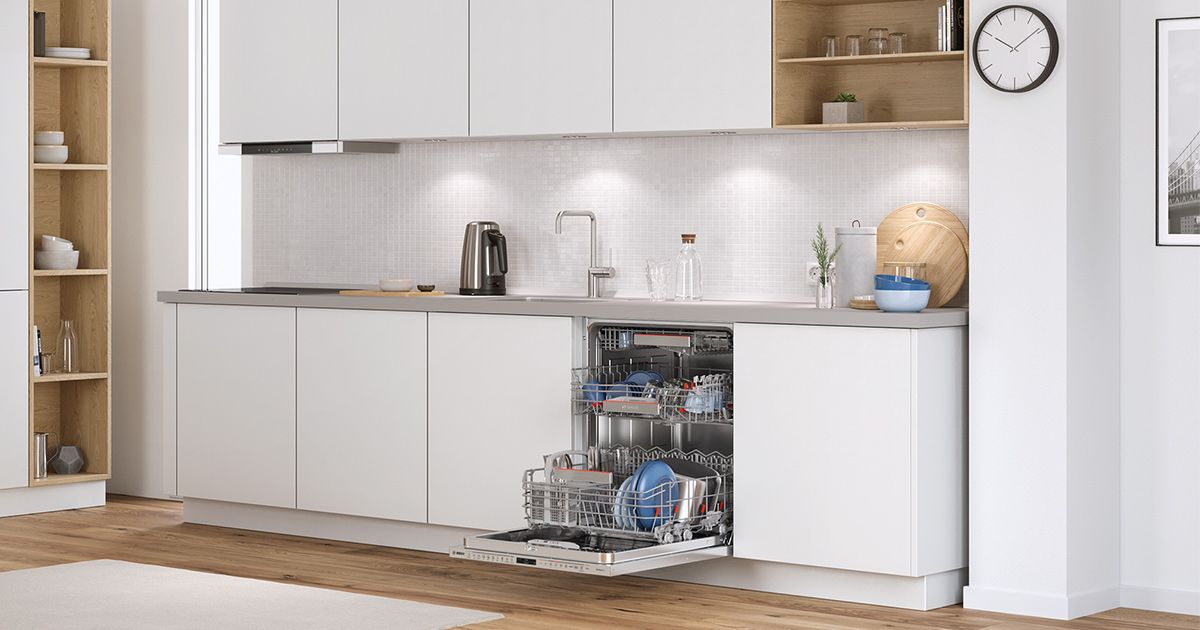
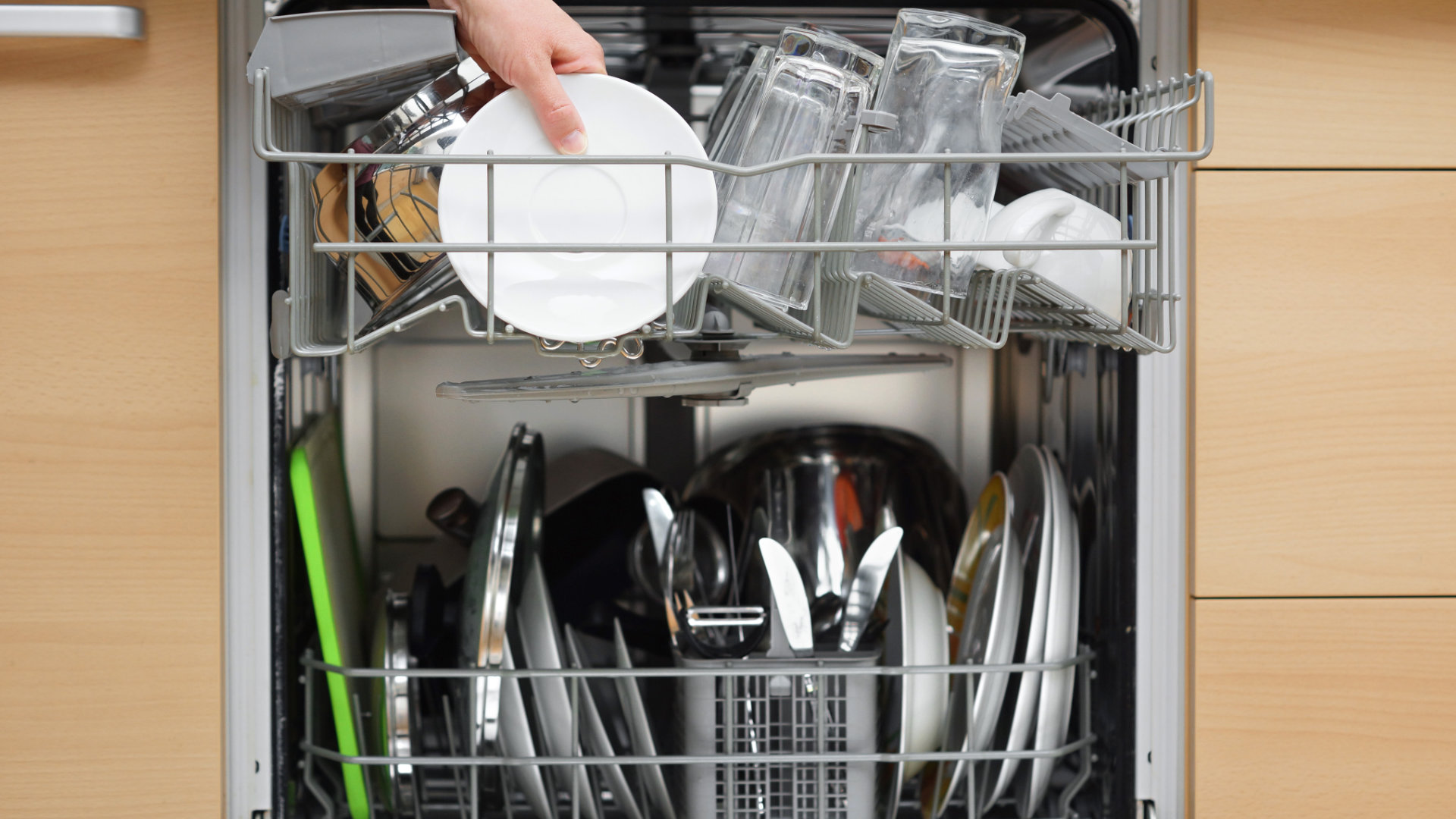
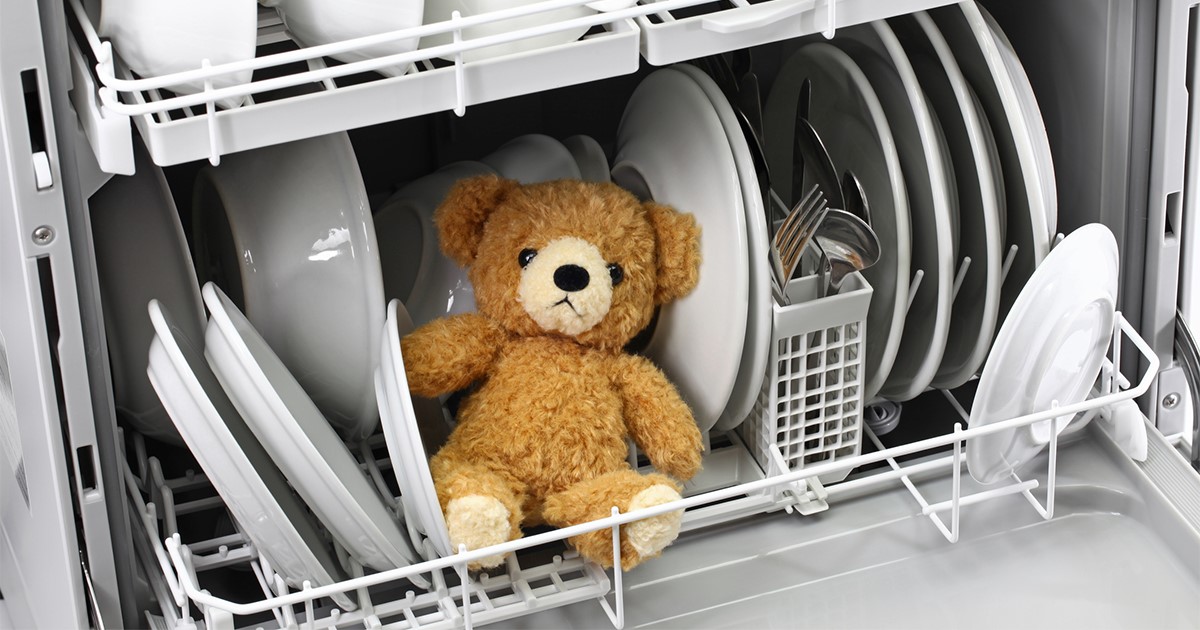
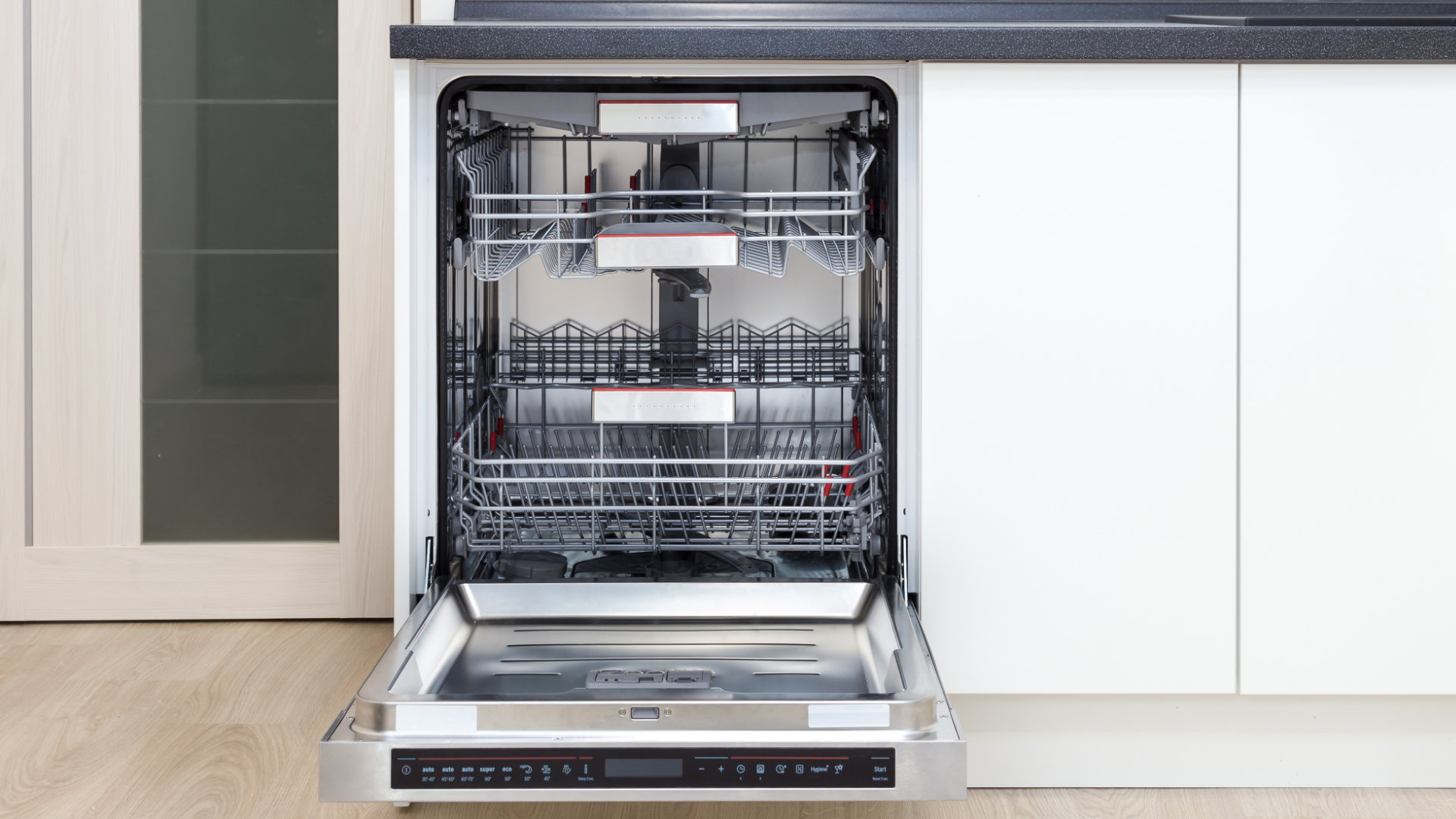
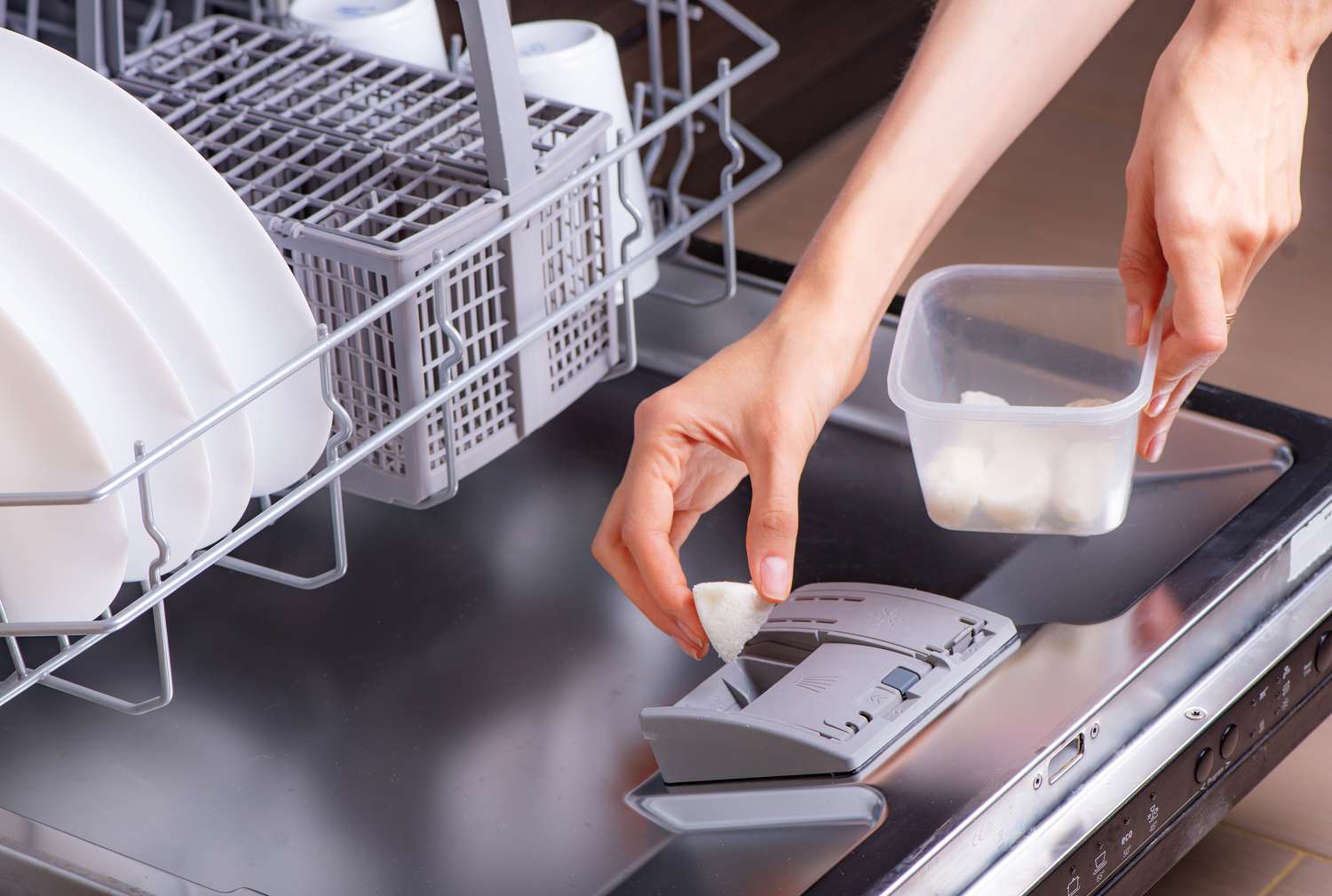
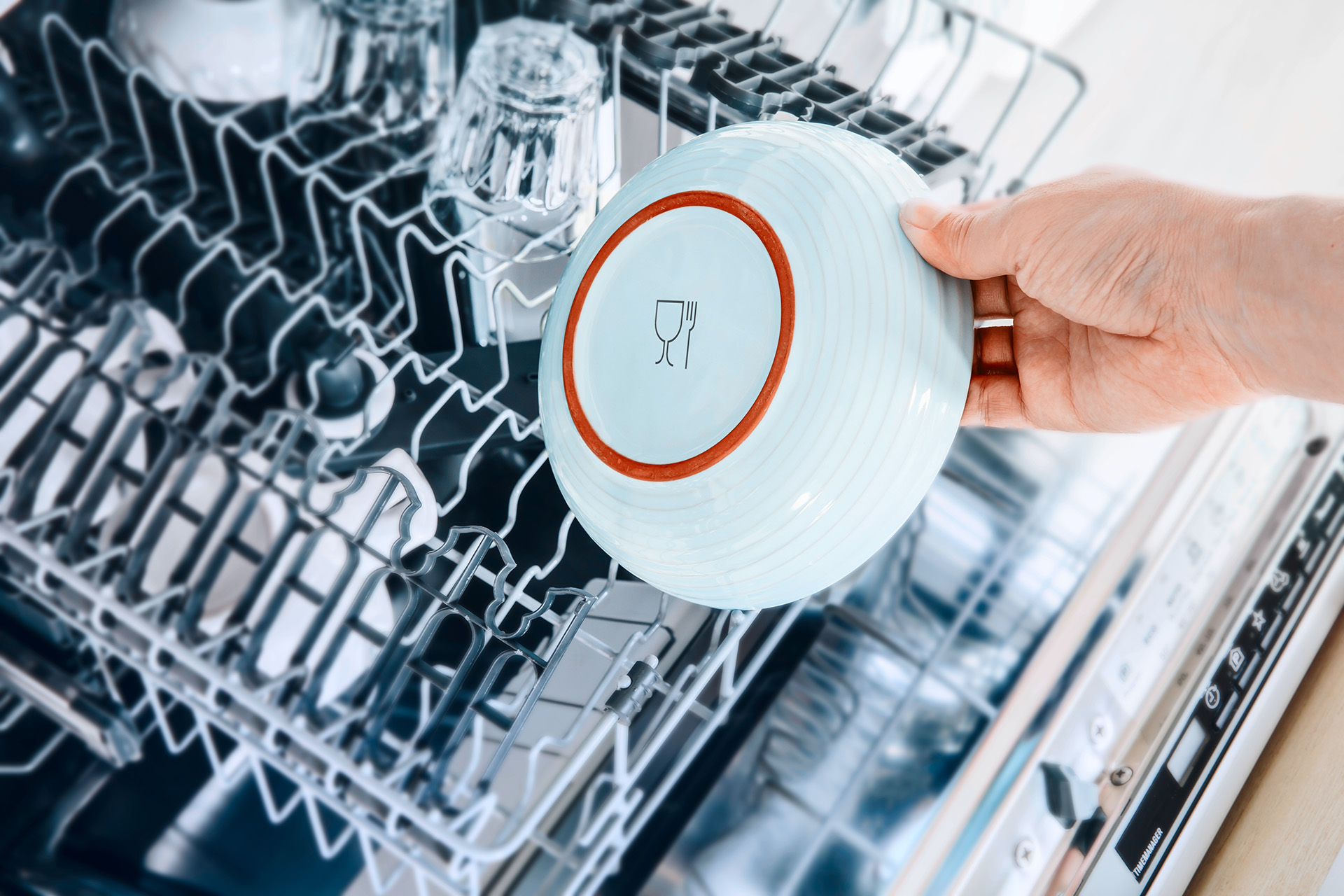
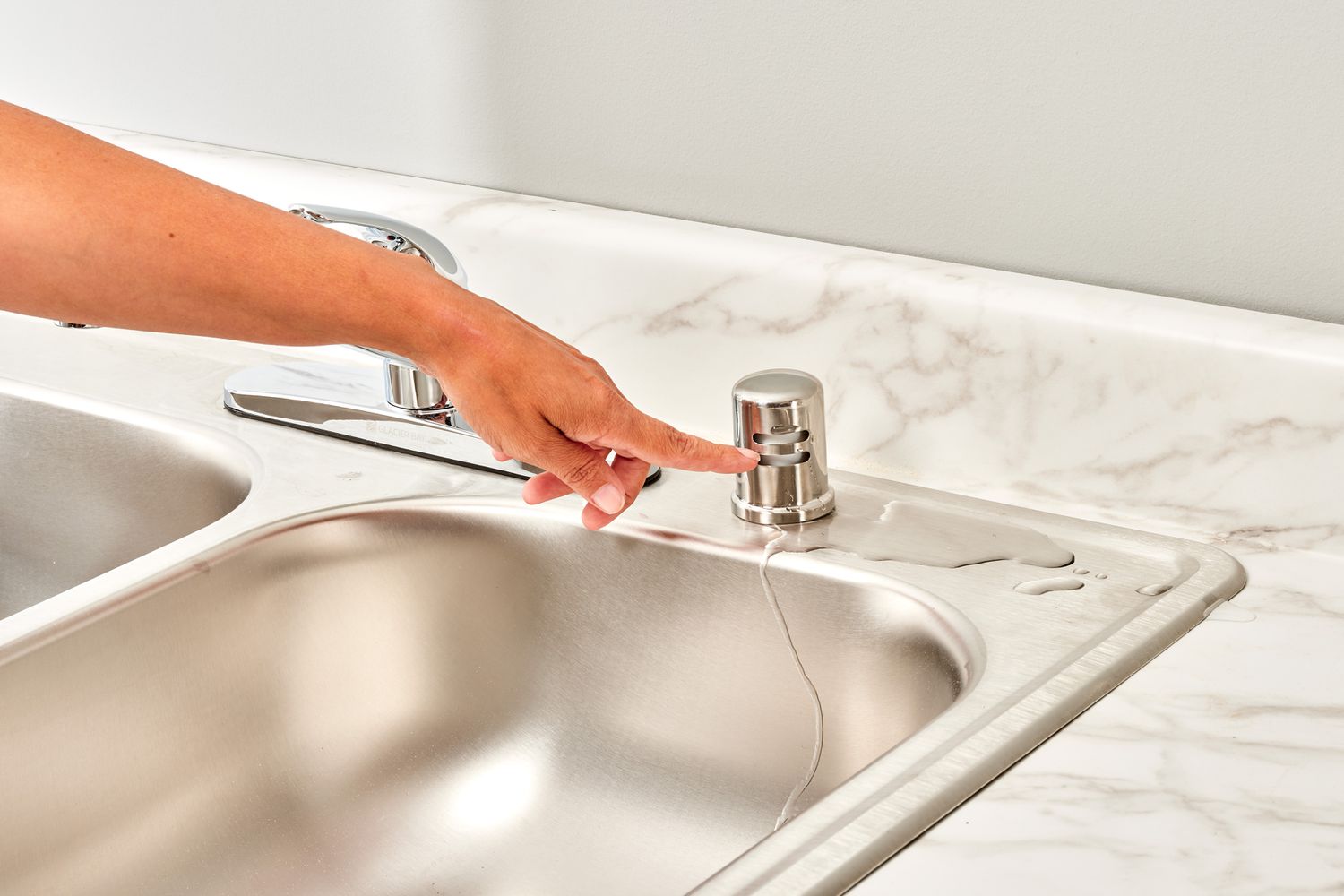

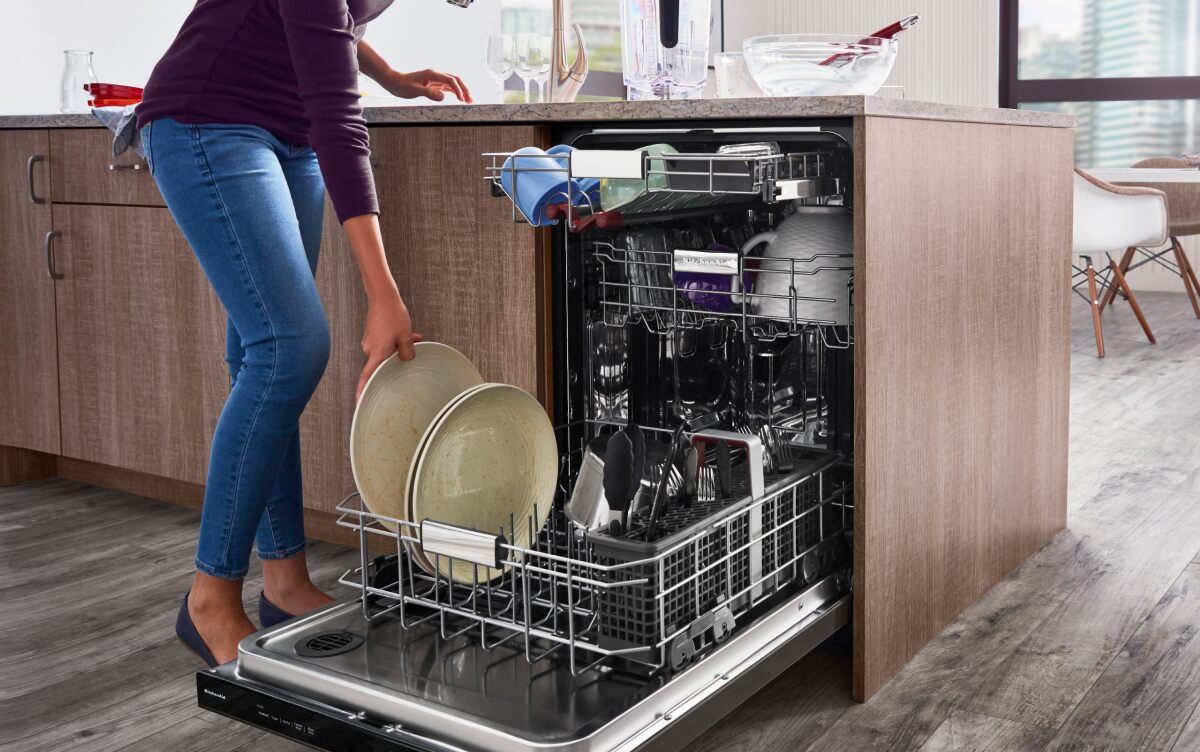
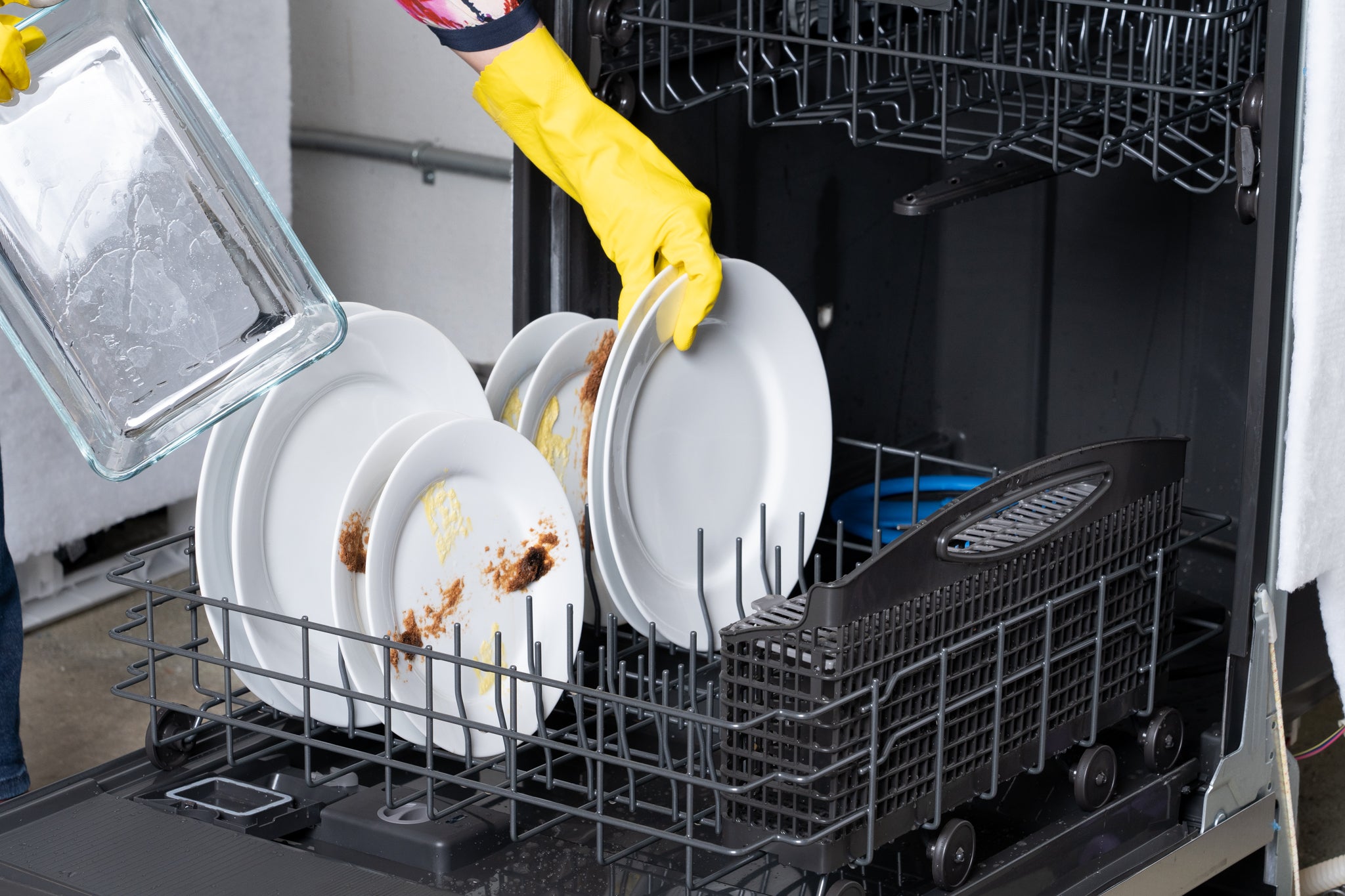
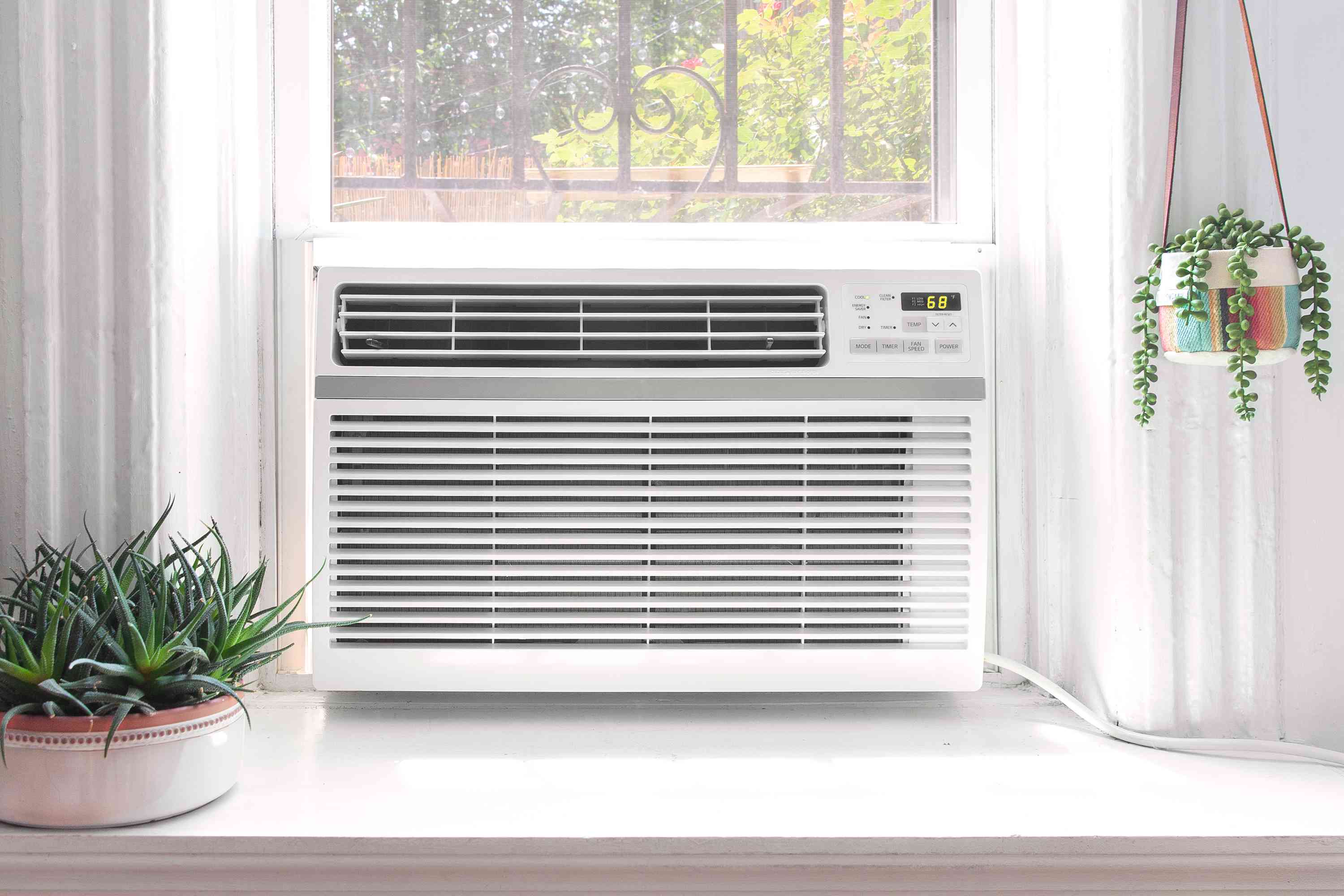
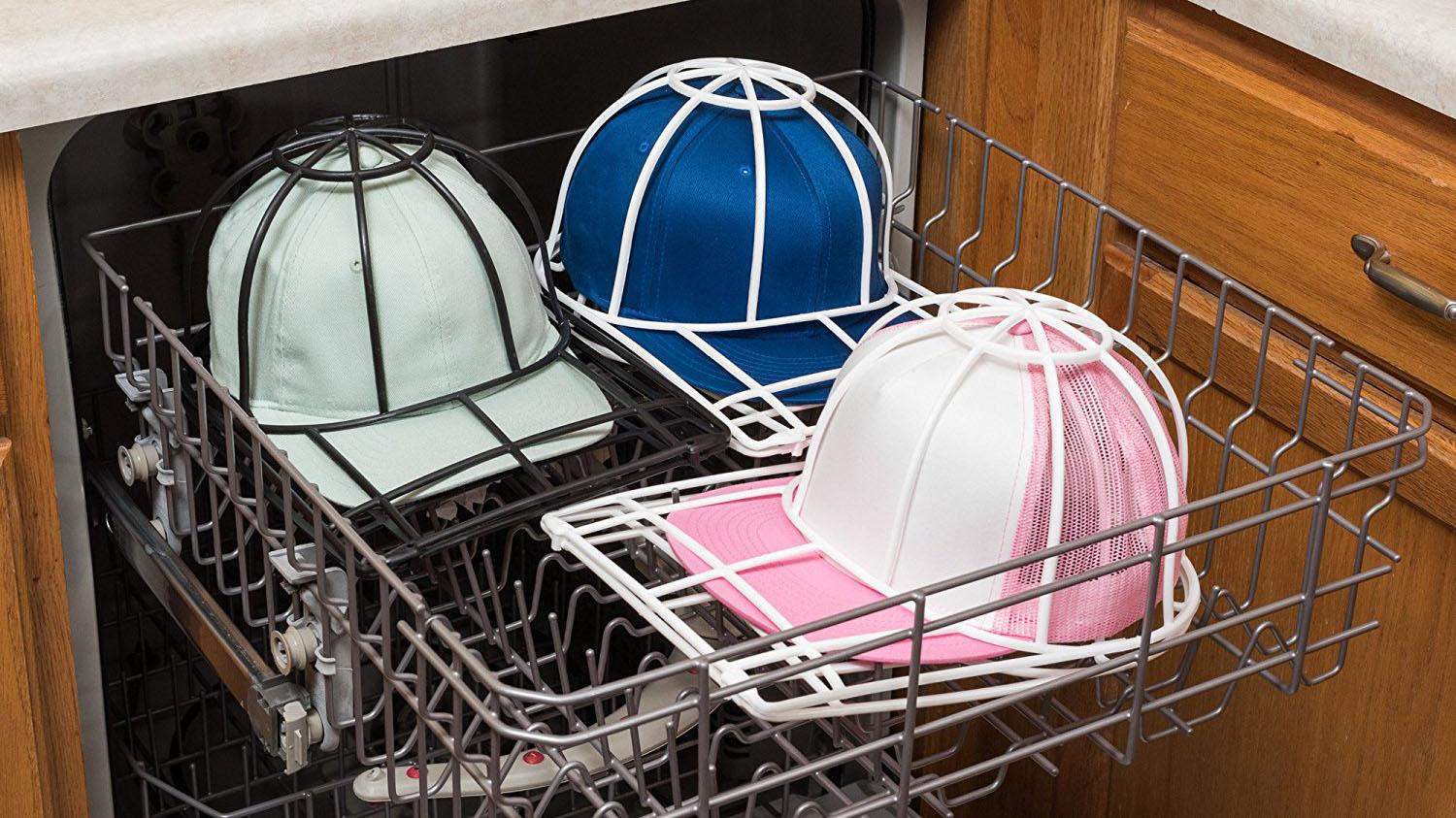
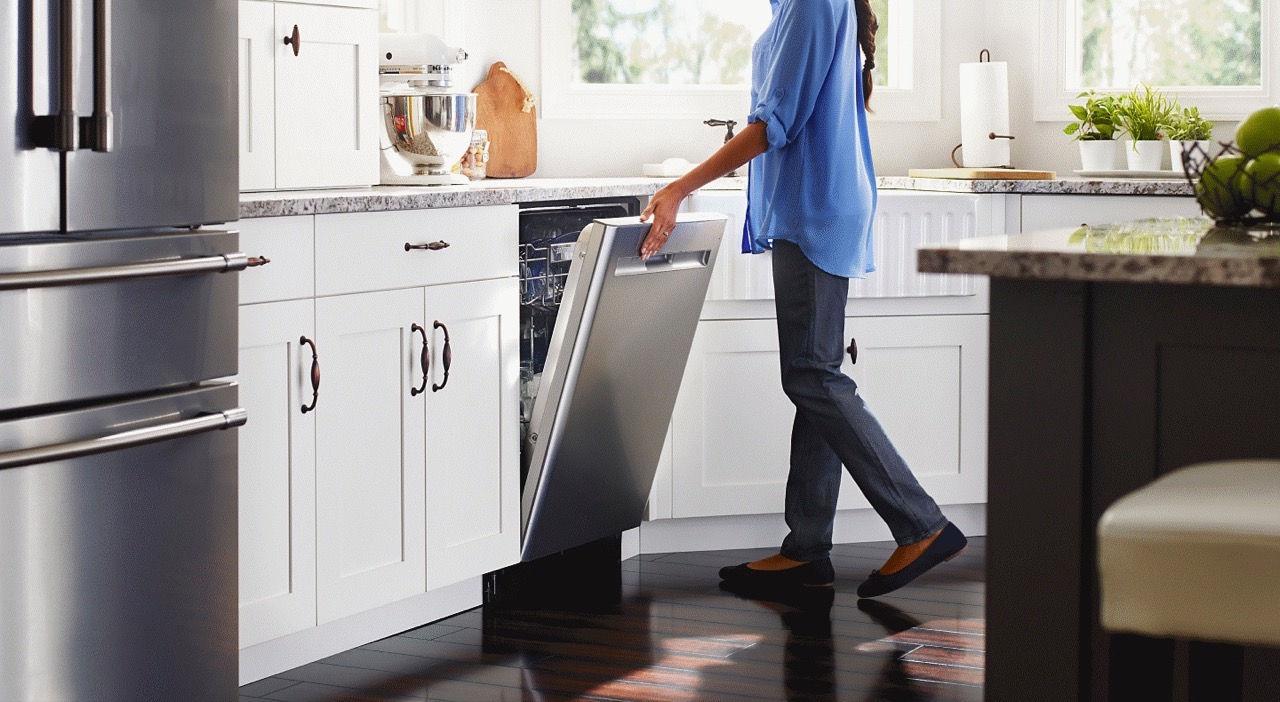

0 thoughts on “What Is A Quiet Dishwasher Decibel”